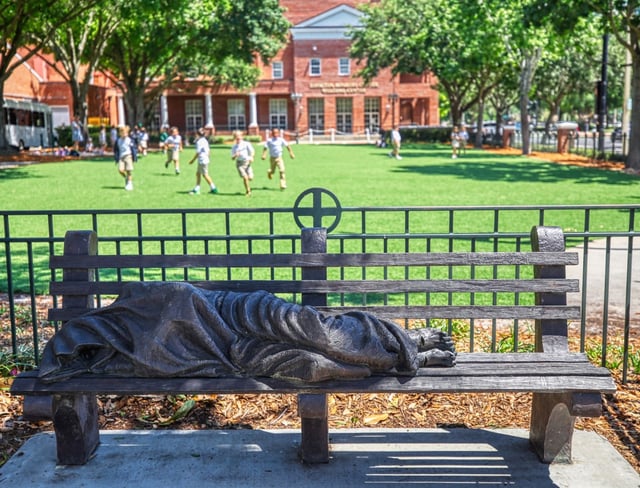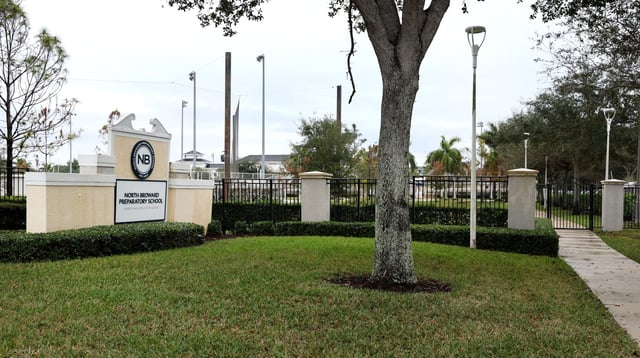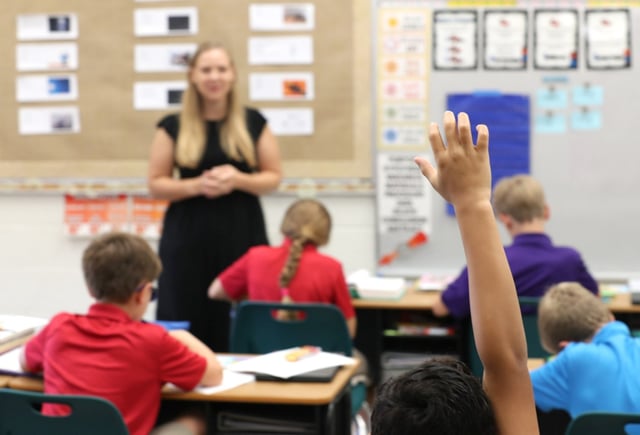Overview
- Florida's school voucher program, now the largest in the U.S., expanded in 2023 by removing income caps, allowing families of all income levels to access taxpayer-funded scholarships.
- Over $3.4 billion in public funds is being allocated to private schools, with 70% of new voucher recipients already enrolled in private institutions before the expansion.
- Critics argue the program disproportionately benefits wealthier families and high-tuition schools, with 40% of new recipients coming from families previously too wealthy to qualify.
- Public schools face financial strain as enrollment decreases, while private schools, particularly religious institutions, have seen significant growth in voucher-funded students.
- Concerns include rising private school tuition driven by voucher availability and the lack of state oversight on curriculum, teacher qualifications, and discriminatory practices in private schools.


